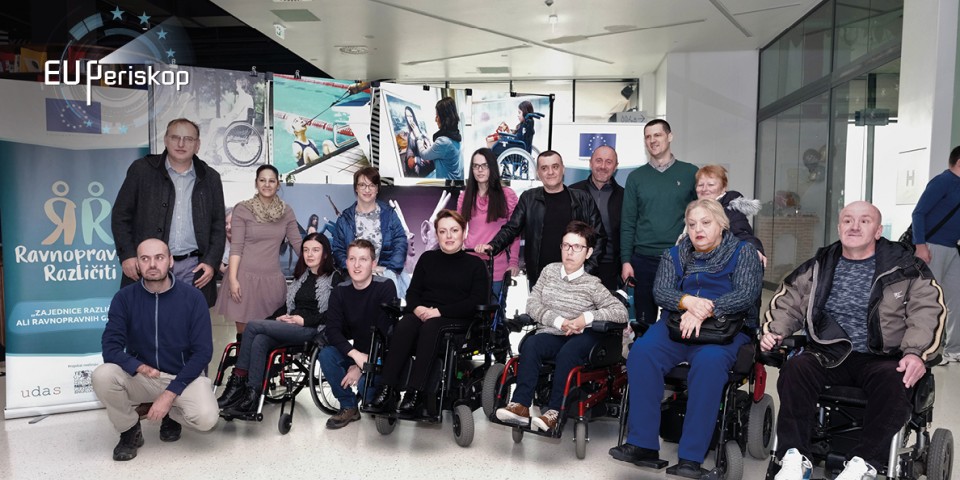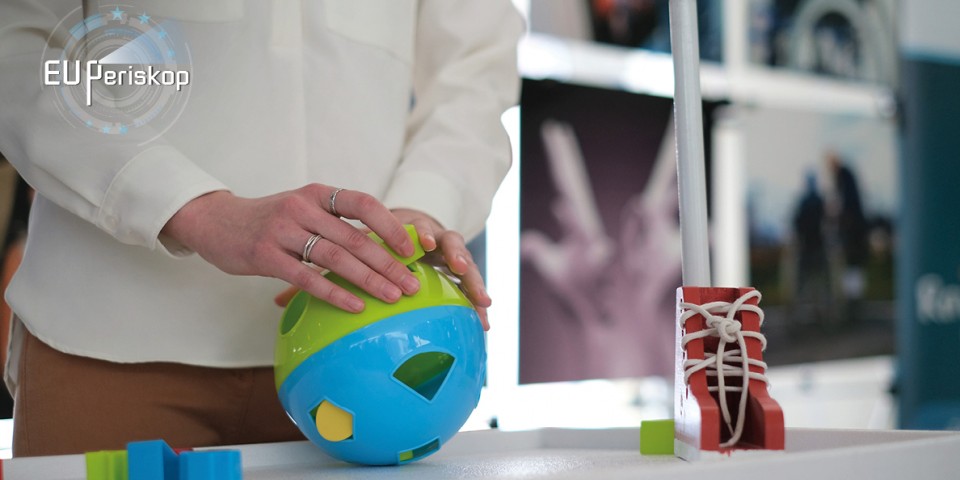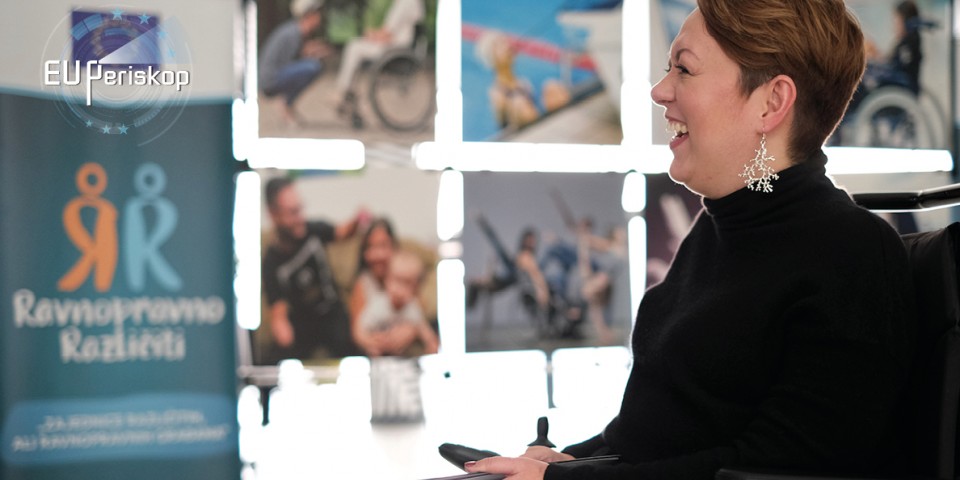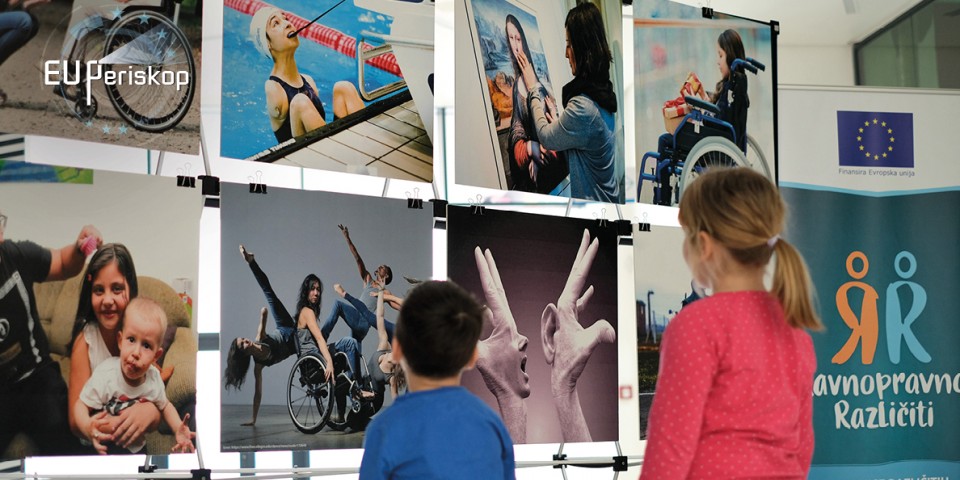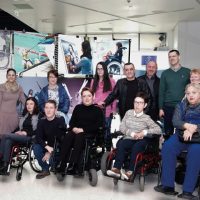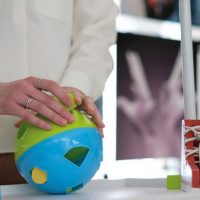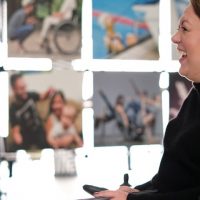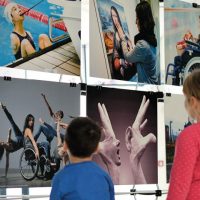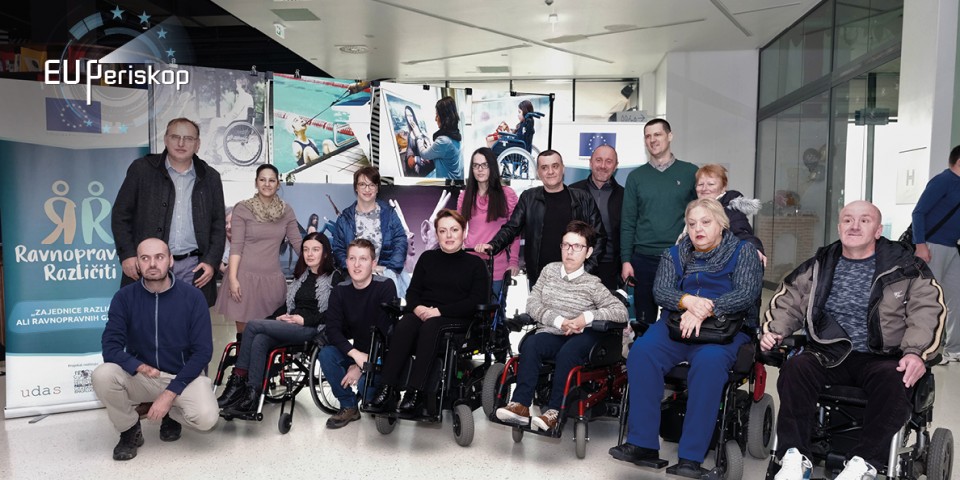
Different but Equal
Although laws and international conventions emphasise that all citizens have equal rights and that they are guaranteed and inalienable, the reality is unfortunately very different. Often, those who ar...
Although laws and international conventions emphasise that all citizens have equal rights and that they are guaranteed and inalienable, the reality is unfortunately very different. Often, those who are denied equal participation in society are forgotten. Persons with disabilities are confronted with many obstacles and stigmatization, preventing them from accessing equal participation in society.
Every citizen must have access to education, be afforded the right to public safety, have equal access to healthcare and to media and any other public information. No group should be marginalised. All citizens are an indispensable part of society who should enjoy and exercise the same rights as the rest of society. Such groups and individuals may be different but must be equal.
The European Union is a long-standing partner of civil society institutions and organisations across Bosnia and Herzegovina seeking to improve the status of persons with disabilities. The three-year project “Communities of Different but Equal Citizens” seeks to foster the greater involvement of civil society organisations, as key partners in the European integration process, improving social inclusion, local decision-making and respect for fundamental rights, while increasing social inclusion and reducing non-discrimination.
As a concrete result of a series of activities and campaigns, persons with disabilities in Bosnia and Herzegovina should be provided with five advisory positions in five local communities at the end of the project, strengthening established support groups, mapping schools and institutions based on physical accessibility, and supporting unemployed persons with disabilities and young professionals in the field of rights of persons with disabilities.
Željko Volas, President of the UDAS Amputee Organisation, considers the project “Communities of Different but Equal Citizens” to be a high quality platform on which persons with disabilities in Bosnia and Herzegovina can motivate themselves to engage in relevant issues within their local communities in the most active way. “The key things are two networks, a network of women with disabilities and another network for landmine victims in BiH, and these two networks are drivers of change, triggering all the changes we want to see in our communities, within five local communities in Banja Luka, Sarajevo, Trebinje, Bijeljina and Tuzla,” says Volas.
People with disabilities need empowerment and support to view themselves as bearers of change in their communities and active partners to authorities, but also require public support to overcome prejudices about people with disabilities as a social category and finally gain a place in society that belongs to them; a place of active participants who change their society for the better with their knowledge, skills and abilities.
Dragan Popović has been at UDAS for 18 years and says the capacities of people with disabilities far exceed the opportunities they have to show and utilise their qualities. “We still consider our society to be passive, but we have numerous people with disabilities who have been able to educate themselves, who have great knowledge and indeed great potential to help this society,” Popović says.
In order to present all faces of disabilities, through the interactive “Museum of Accessibility”, the citizens of five cities in Bosnia and Herzegovina gained an insight into the daily life of persons with disabilities through an exhibition of photographs. The interactive exhibition was an opportunity to “walk in someone else’s shoes”; to see how difficult ordinary, everyday actions like tying shoelaces can be if you have physical limitations.
Dušica Lipovac has been an activist for the rights of persons with disabilities and an advocate for comprehensive inclusion of persons with disabilities in society for nineteen years. She says the project is one of the best in which she has ever participated because it provides a genuine opportunity for people with disabilities to learn through training and education, to express themselves through tailored activities and to interact and support one another.
A special issue is the issue of women with disabilities, which she says is still unrecognised but necessary to be tackled. The informal network of women with disabilities is driven by the idea of bringing together all women with disabilities to actualise these issues within organisations dealing with this topic. “This project gave us the opportunity to formulate a Strategy for the development of an informal network of women with disabilities, with the aim of transferring information from one to another local community, launching joint initiatives and meeting as often as possible to address all issues and problems,” Lipovac points out.
People with disabilities want to be recognised for their qualities and not for their disabilities, and they tell society that what is good for them is good for all other members of society.

